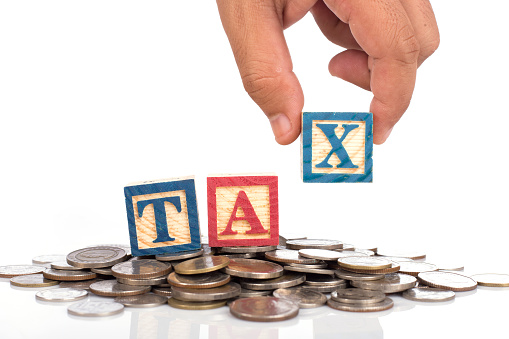Perks & Benefits … Taxable or Not?
The holiday season is fast approaching! Holiday parties, end of year gift cards, and other rewards are some of the great perks that employees look forward to at this time of year. But for business owners, this also means employee T4s aren’t far behind, and sorting out taxable benefits becomes one more item on the To Do list.
Rule of Thumb
In many cases taxable and non-taxable benefits are not clearly defined in the Income Tax Act. There are some reference points in case law and Canada Revenue Agency provides an Employer’s Guide – Taxable Benefits and Allowances that can help to clarify (if you’re looking for a little light reading!). In previous posts we’ve talked a lot about Medical and Dental benefits which are non-taxable to the employee. For other rewards and perks there’s a useful taxability rule of thumb: any perk that is primarily of benefit to the employer is non-taxable to the employee. We’ve even crafted a handy mnemonic that you’re free to use:
B enefits for the
E mployer’s
A dvantage are
G enerally
L ow-cost to
E mployees!

What’s Taxable …
Cash or near-cash awards
Things like gift certificates and cash holiday bonuses are taxable.
Insurance premiums
An employer’s contributions on behalf of employees for Life Insurance, AD & D, and Critical Illness insurance are taxable.
What’s Not …
Non-cash gifts and awards
Gifts and awards under $500 per year are non-taxable when they are for special occasions or recognition, not for job performance.
Cell phones
Personal use of a company cell phone is non-taxable as long as the cost is reasonable, and personal use doesn’t result in extra charges.
Auto allowance
Reimbursement for the use of a personal vehicle for business travel is non-taxable, assuming a reasonable rate per kilometer.
(in 2017, 54¢ for the first 5000 km and 48¢ thereafter)
Professional membership fees
Memberships or association dues are non-taxable, as they’re often a condition of employment and are generally understood to benefit the employer.
It Depends …
Holiday party
Taxability for events like holiday parties depends on monetary limits:
If you’re spending up to $100 per employee, the amount paid is non-taxable to your employees.
But if it’s a lavish bash that adds up to more than $100 per employee, the entire amount is taxable.
Retirement savings contributions
Taxability of amounts paid by the employer on behalf of employees depends on the nature of the plan:
Employer-paid contributions to pooled registered pension plans are non-taxable.
Employer-paid contributions to RRSPs (and administration fees) are taxable.
Take good care of your business and your employees at tax time by correctly recording taxable and non-taxable perks and benefits. We hope these tips will be useful when you’re wrapping up payroll at year-end, but of course you should still consult with your accountant or financial advisor if you have tax questions. If you’re thinking about introducing or changing benefits in the new year, give us a call.
